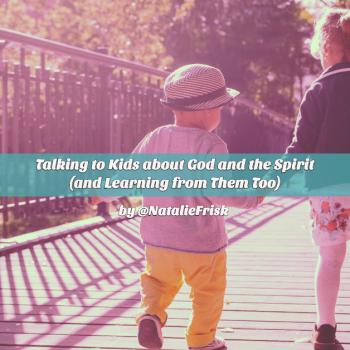This is the eighth post in a series exploring the broad vision for our church plant in Seattle. If you want to know more about that project, check out my Church Plant category ![]() For the rest of this specific series, go here.
For the rest of this specific series, go here.
————————————————————————————————————————————
A Generous Post-Conservative Theological Posture
Roger Olson coined a phrase that fits the envisioned theological posture of this church planting project: post-conservative. I would add “Anabaptist” to that description as well. Some theologians and Christian leaders that fit this category include (although not all of them would own the label “Anabaptist”): N.T. Wright, Greg Boyd, Richard Hays, Shane Claiborne, Tony Campolo, Peter Enns, Rob Bell, Shane Hipps, and Scot McKnight.
Some of the theological issues that will be considered normal and acceptable include:
- Evolutionary Creationism – we see no conflict with biological evolution and the Scriptures. Science and creation reveal God’s truth in partnership with the Scriptures. The world is likely billions of years old.
- Resisting hyper-literalism – we understand that the bible contains both a divine and human nature. God inspired the text, but did so using various genres. Some of the literary forms of Scripture are not meant to be taken “literally” (reading from the surface of the text), but many parts of the Bible contain poetry, hyperbole, non-historical narrative (as well as lots of historical narrative), etc.
- Open Theism – we believe God to be radically relational and committed to human free will. God knows the future as a series of possibilities, but only when humans (and angelic creatures) act freely, do such possibilities become reality. The future is not “fixed” and God has unlimited resources to accomplish the will of the Divine.
- An approach other than neo-reformed theology – we love our reformed sisters and brothers of other denominations and churches, however, our theological ethos differs from various forms of Calvinism.
- New Creation – heaven is not the primary hope of Christianity, rather, the renewal of the cosmos is the ultimate consummation of the Christian story. The movement of heaven is typically downward, from heaven to earth—not the other way around! We believe that God will return one day to judge/purge evil, heal the universe, and unite heaven and earth in God’s eternal Kingdom. We will live as God’s people in physical resurrected bodies on a physical restored planet where justice and peace will flourish in all of creation!
- Hell – Many in our community will hold to alternative views of hell such as Annihilationism (conditional immortality) or what I have called “Purgatorial Conditionalism.” Many have become convinced that “Eternal Torment” no longer has the biblical support that past theologians had thought. We will create spaces for multiple perspectives.











